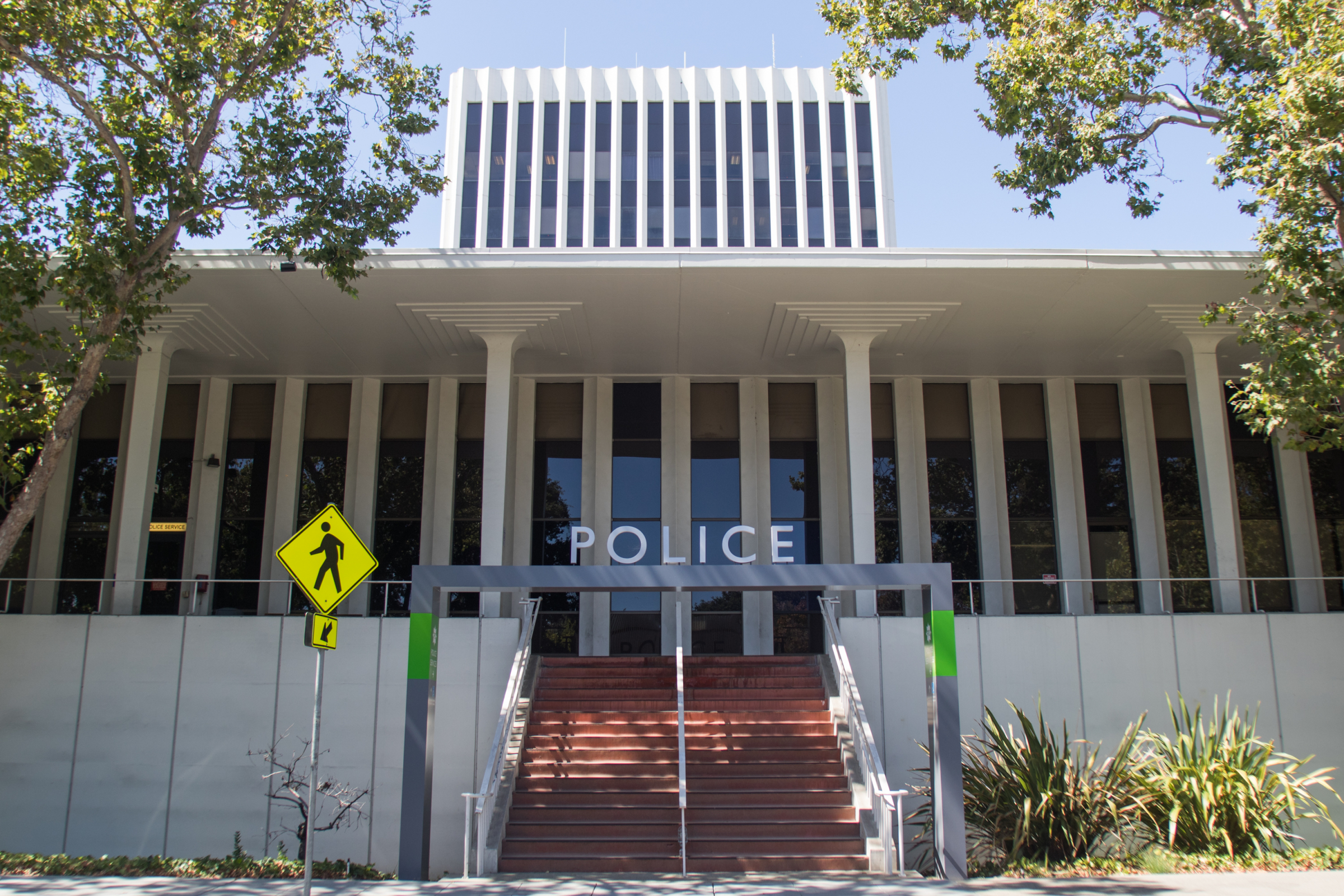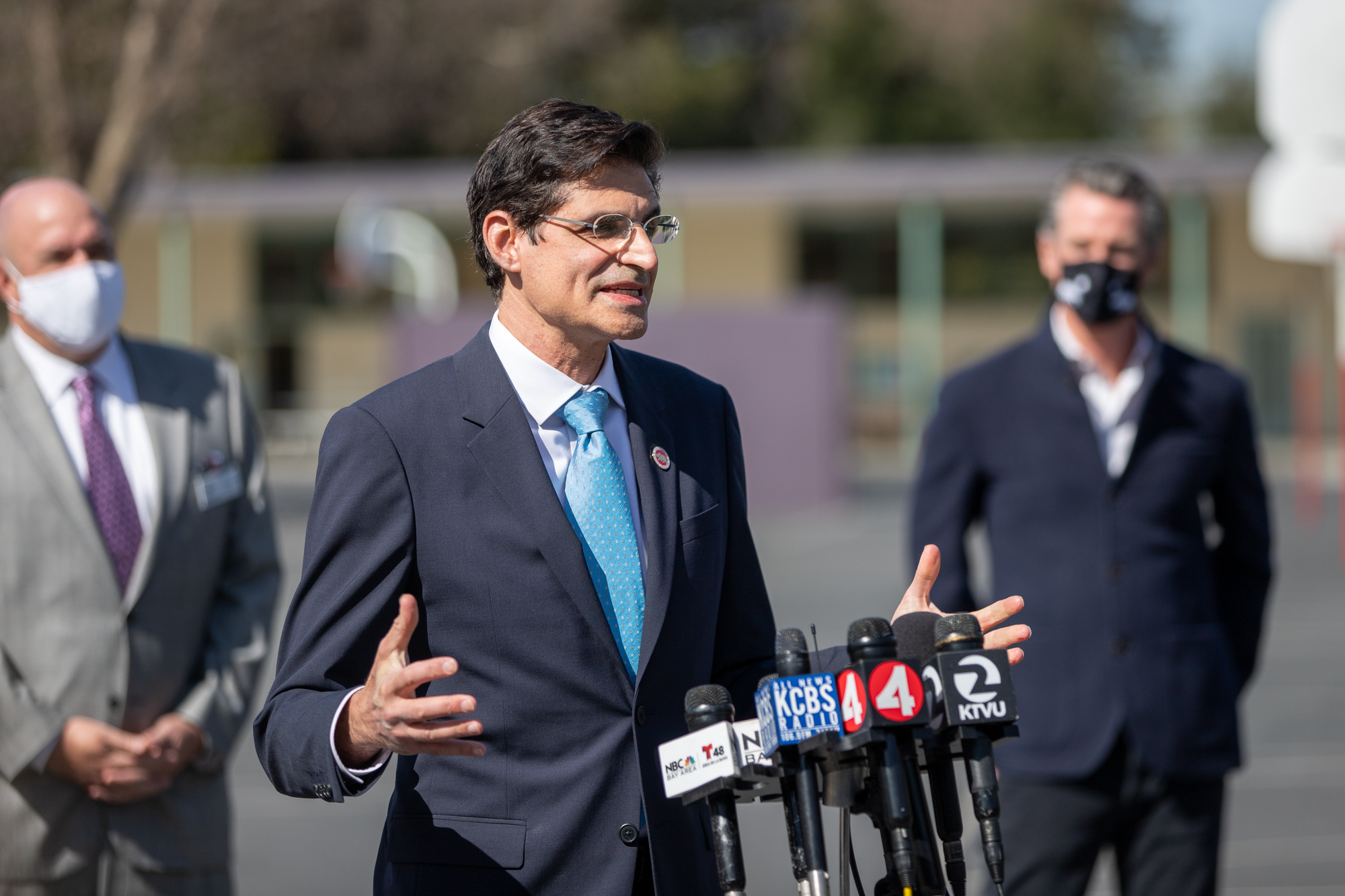A bill from State Sen. Josh Becker that would require California law enforcement agencies to find alternatives to radio encryption cleared the state Senate on Thursday, May 26.
The legislation, known as Senate Bill 1000, addresses the recent trend of police departments throughout California switching to encrypted communication, a practice that keeps the media and residents from monitoring police activities through a police scanner. The bill gives law enforcement agencies until Jan. 1, 2024 to come up with policies that would protect confidential information while restoring public access to regular radio communication.
The Palo Alto Police Department was one of dozens of law enforcement agencies throughout the state that have switched to encryption in response to an October 2020 memo from the state Department of Justice. The directive from the agency ordered agencies to protect personally identifiable information such as Social Security numbers, license plate numbers and criminal records.
Some agencies, including Palo Alto police and most other police departments in Santa Clara County, responded by encrypting all radio communications. Others, including the California Highway Patrol, adopted a "hybrid" approach in which personally identifiable information gets transmitted through secure channels while most of other communication continues to be publicly accessible.
SB 1000 states that agencies may comply with the confidentiality requirement by using an encrypted channel for dissemination of confidential information; by transmitting the information by a mobile data terminal, tablet or other text display device; or by communicating it through a telephone or other private device-to-device communication.
Becker's bill easily cleared the Senate by a 25-8 vote, which fell largely along party lines. Republican Sens. Patricia Bates, Andreas Borgeas, Brian Dahle, Shannon Grove, Melissa Melendez, Rosilicie Ochoa Bogh and Scott Wilk dissented. Sen. Melissa Hurtado was the only Democrat to join them in opposition.
The bill will still need to get approved by the state Assembly and then signed by Gov. Gavin Newsom before it becomes law.




Comments